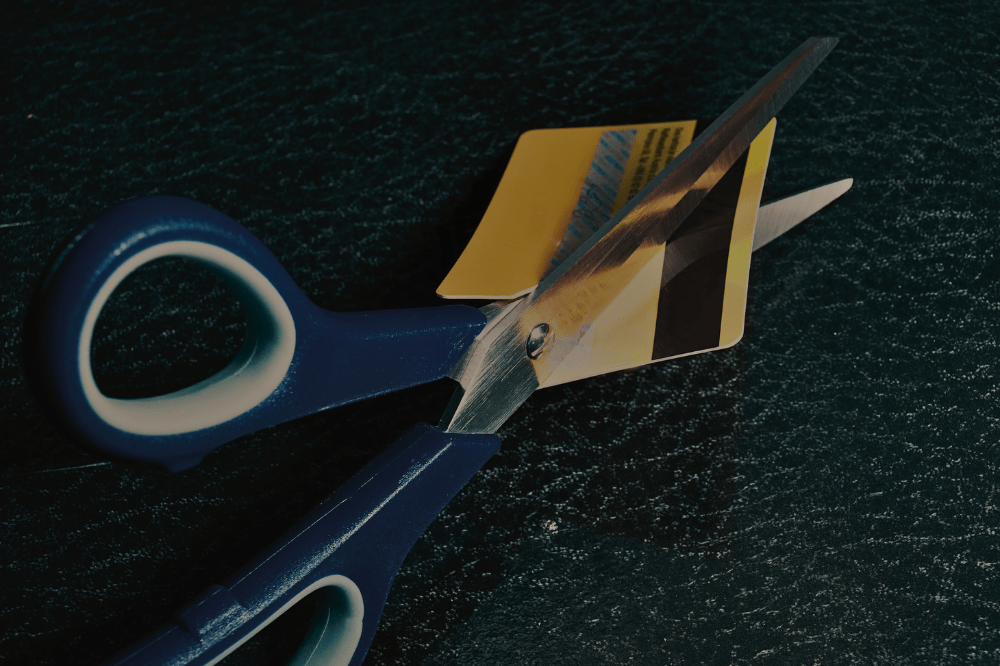Do you know what happens when your credit card expires? Find out what to do in this situation!
Have you ever reached for your credit card at checkout, only to realize it has reached its expiration date? But what exactly happens when your credit card expires? What can be done when it happens? That’s what we are going to answer!
Find out what happens and what can be done so you can ensure a smooth transition to your new card and continue to enjoy the convenience and security of a credit card. Also, if you want to check out more financial tips on our website, you can click on this link!
What Happens When Your Credit Card Expires?
The most important thing to remember is that the expiration date only applies to the physical card itself, not your credit line. Your credit card account remains active, but you won’t be able to use the expired card to make purchases. This means any attempts to swipe or enter the card information will be declined.
In most cases, your credit card issuer will proactively send you a replacement card well before the expiration date. This new card will have a new expiration date and an updated Card Verification Value (CVV) code, an extra security measure for online transactions.
However, there are situations where you might not receive a new card automatically. This could happen if your bank doesn’t have your current address on file, or if your credit card account is linked to a rewards program that requires renewal. In these cases, you’ll need to contact your issuer directly to request a replacement card.
Why Do Credit Cards Have Expiration Dates?
- Security: the expiration date adds an extra layer of protection against fraud. Even if someone steals your card details, the expiration date can act as a red flag for merchants, preventing fraudulent transactions. With regular card replacements, even if your information is compromised, the window of opportunity for misuse is minimized.
- Wear and Tear: over time, the magnetic strip on your card can become damaged or worn, making it difficult to read by card readers. Similarly, the chip itself can malfunction due to everyday use. Expiration dates prompt card issuers to send replacements before these issues arise, ensuring your card continues to function smoothly.
- Security Updates: The technology behind credit cards is constantly evolving. Expiration dates allow issuers to update cards with the latest security features and fraud prevention measures.
What To Do If Your Credit Card Expires
- Check Your Mail: most credit card issuers will automatically send you a replacement card about a month before your current card expires. Keep an eye out for it in the mail;
- Verify Your Address: ensure your bank has your up-to-date mailing address. An outdated address can lead to delays in receiving your new card;
- Contact Your Issuer (if necessary): if you haven’t received a replacement card close to the expiration date, contact your credit card issuer directly. They can confirm if a card was sent and troubleshoot any issues;
- Activate Your New Card: once you receive your new card, you’ll typically need to activate it before using it. Activation instructions will be included with the card or can be found on your issuer’s website or mobile app;
- Update Automatic Payments: if you have automatic payments set up with your expired card, be sure to update them with your new card information to avoid any payment interruptions.

